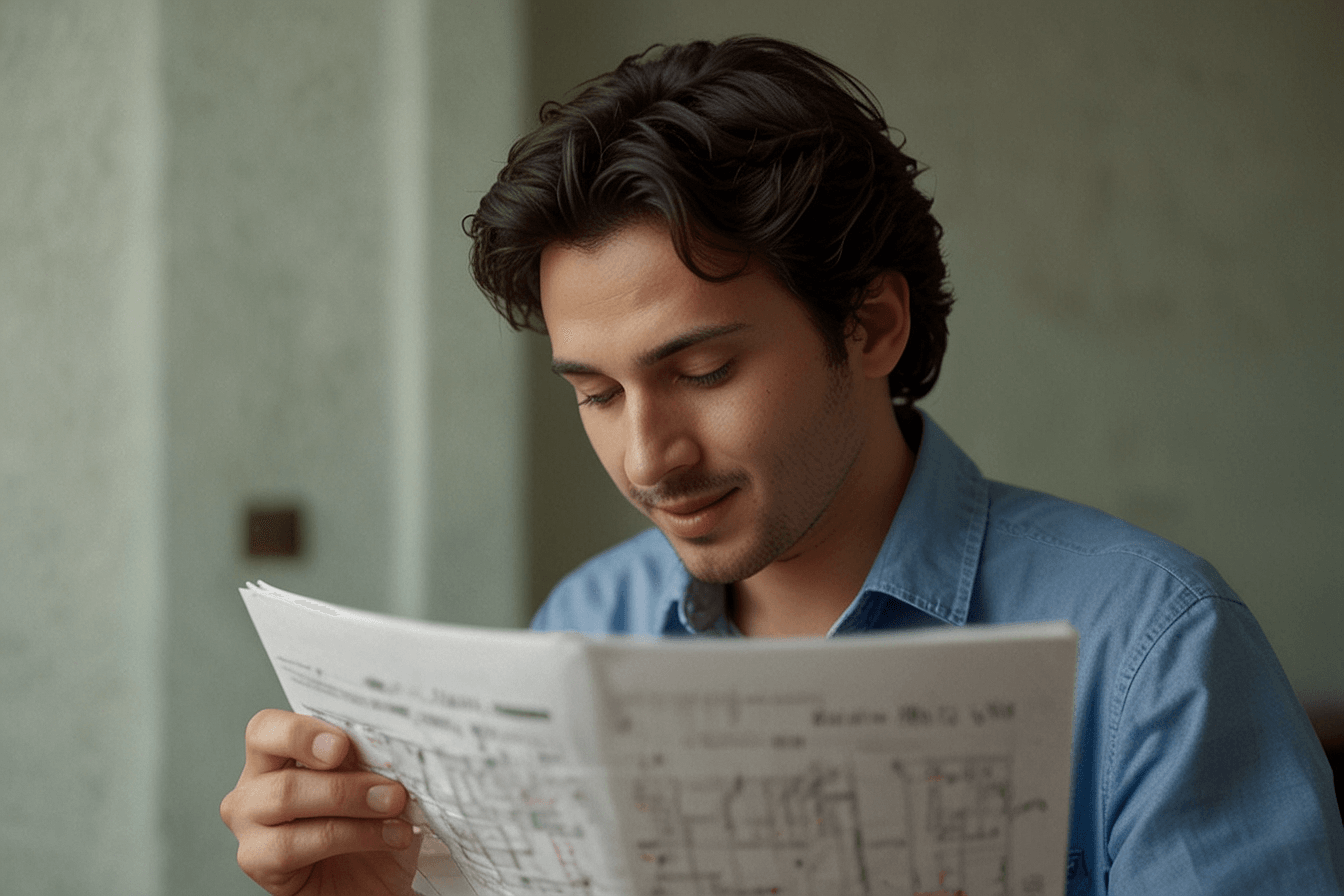
Did you know that 40% of people make last-minute plans at least once weekly, often disrupting their schedule? Whether it’s a sudden urge for adventures or the thrill of spontaneity, embracing impromptu decisions as a free spirit has become a common trend. Eager to dive into the whirlwind of spontaneous adventures and discover how to make the most of those unexpected moments? Let’s explore how to navigate last-minute planning with ease and excitement.
Key Takeaways
Introverts value their alone time and may struggle with last-minute plans that disrupt their need for preparation and spontaneity.
Respect introverts’ preferences by considering their need for certainty and avoiding spontaneous outings that can cause discomfort.
Plan events to allow introverts to mentally prepare and ensure they can fully enjoy the experience without feeling overwhelmed.
If last-minute planning is unavoidable, contact introverts in advance, communicate openly, provide as much information as possible, and offer them the option to opt-out.
Implement strategies such as setting boundaries, creating a routine, and establishing clear communication channels to help introverts navigate unexpected situations effectively.
Remember that acknowledging and respecting introverts’ needs can create fun relationships and a more inclusive and enjoyable environment for everyone involved.
Understanding Introverts’ Nature
Mental Preparation
Introverts are often anxious about social events and need time to mentally prepare for them. They prefer to read the situation before diving in.
Introverts feel overwhelmed in spontaneous situations, needing mental energy to adapt quickly to situations, relationships, and emotions. They also take time to process information.
Preference for Routines
Introverts value routines and predictability as they provide control and comfort. They find solace in familiar environments.
Routines help introverts manage their energy levels effectively, allowing them to navigate social interactions easily.
Alone Time for Recharging
Alone time is crucial for introverts to recharge their energy reserves. It helps them regain mental clarity and inner balance.
Being alone allows introverts to reflect, unwind, and take a break from external stimuli, promoting overall well-being.
The Struggle with Unplanned Outings
Disruptive Nature
Last-minute plans, especially spontaneous ones, can be disruptive for introverts, who often cherish their quiet time and carefully planned routines. Unexpected adventures can throw off an introvert’s day, disrupting their envisioned peace.
Despite being open to spontaneous plans, introverts value their alone time or planned activities. A sudden change in plans, especially on a weekend or during a much-anticipated date night, can leave them feeling overwhelmed.
Challenging Adjustments
Introverts find it challenging to alter their plans at the last moment. They may have mentally prepared themselves for a specific activity or scenario, making any sudden changes difficult to navigate.
The spontaneity that others enjoy might be an intrusion to an introvert’s need for structure and predictability. These unexpected alterations can create discomfort and unease for people who thrive on routine and spontaneous things.
Importance of Advance Notice
Providing advance notice is crucial when involving introverts in spontaneous activities. Giving them time to prepare mentally allows introverts to adjust their mindset and approach the upcoming event more easily.
Knowing about plans in advance helps introverts feel more in control of their environment and emotions. This preparation time enables them to manage any anxieties or uncertainties arising from spontaneous changes.
Preparation as a Key Need

Time for Readiness
Introverts need ample time to prepare for social activities. Giving them notice allows them to mentally and emotionally gear up for interactions.
Introverts may feel overwhelmed if plans are suddenly imposed on them, which can impact their ability to enjoy the moment fully.
They require a starting point to adjust their mindset and energy levels before engaging in social interactions.
Defensive Stance
Being caught off guard can make introverts feel defensive, as they might not have had enough time to prepare mentally.
This defensiveness is a protective mechanism, helping introverts cope with unexpected situations by maintaining their boundaries.
In social settings, introverts often thrive when they can plan and anticipate what’s to come.
Disruption of Alone Time

Importance of Alone Time
Introverts value alone time as it allows them to recharge and regain energy after social interactions. Without enough time alone, introverts may feel drained and overwhelmed.
Spending time alone helps introverts reflect on their thoughts, emotions, and experiences. It provides a sense of peace and tranquility essential for their well-being.
Guarding Alone Time
Introverts guard their alone time zealously because it is crucial for their mental and emotional health. Intrusions at this time can lead to feelings of frustration and anxiety.
When last-minute plans disrupt their solo moments or relationships, introverts may struggle to cope with the sudden change in their routine. This can impact their mood and overall sense of well-being.
Balancing Social Obligations
While introverts appreciate spending time with loved ones and prioritize free time for themselves, they also need to nurture their relationships with people. Social commitments, relationships, and personal needs can be challenging for introverted individuals.
Finding a healthy balance between social interactions and alone time is key for introverts to maintain a sense of harmony in their lives. It allows men to show up fully present in social situations while also caring for their needs and feeling life.
Coping Strategies
Introverts can effectively communicate their boundaries to manage the disruption that last-minute plans cause. Setting clear expectations with others about the importance of their alone time can help prevent misunderstandings.
Creating a schedule that includes dedicated alone time blocks can also assist introverts in maintaining a healthy balance between social engagements and solitude. Prioritizing self-care activities during these moments can further enhance their well-being.
Uncertainty and Its Effects
Unsettling Feelings
Uncertainty in last-minute plans can unsettle introverts, who thrive on predictability and structure. The sudden changes can trigger anxiety and discomfort for introverted individuals.
Introverts often cherish their alone time, using it to recharge and find solace. When faced with unexpected plans, they may feel overwhelmed and drained as their routines are disrupted.
Impact on Peace of Mind
The future becomes a source of worry as introverts struggle to get ex to adapt to new situations quickly. The lack of preparation time can leave them vulnerable and exposed, leading to increased stress levels.
Controlling their environment is crucial for introverts to maintaining their mental well-being. Last-minute plans diminish this sense of control, leaving them feeling powerless and anxious about the unknown.
Preference for Smooth Transitions
Introverts prefer making things as smooth as possible to avoid unnecessary stress and discomfort. They value predictability and structure in their daily lives, allowing them to navigate social interactions and activities at their own pace.
Importance of Event Enjoyment
Planning Ahead
Introverts tend to enjoy social events more when they are planned. This allows them to prepare and feel more comfortable mentally.
Planning ahead also allows introverts to schedule time before and after the event. This recharging time makes introverts feel refreshed and ready to socialize.
Mental Preparation
For introverts, mentally bracing for social gatherings is essential. It helps them manage their energy levels and emotions during the event.
Advice on Planning with Introverts
Prep Time
Give introverts ample time to prepare for plans, allowing them to adjust their schedules accordingly. This helps them feel more comfortable and in control.
Avoid springing last-minute surprises on introverts, as sudden changes can be overwhelming and cause stress. Providing advance notice is key.
Alone Time
Encourage introverts to prioritize alone time in their schedules when making plans. This allows them to recharge and feel ready for social interactions.
Introverts may need time to process information and mentally prepare for upcoming events. Respecting this need can lead to smoother planning experiences.
Respecting Introverts’ Preferences
Understanding Routines
Introverts thrive on routines, finding comfort in predictability and structure. Disrupting their schedules can cause annoyance and stress.
Interrupting an introvert’s alone time can be jarring, as they use this period to recharge, regain energy, and get some peace.
Importance of Accommodation
Respecting an introvert’s need for solitude is crucial for their well-being. By acknowledging their preferences, relationships can flourish.
Allows introverts to maintain mental clarity
Fosters a sense of trust and understanding within relationships
Benefits of Consideration
Understanding an introvert’s need for personal space can lead to stronger connections.
Enhances communication by creating a safe environment
Promotes mutual respect and appreciation for individual differences
Strategies to Avoid Last-Minute Plans
Provide Advance Notice
Introverts appreciate advance notice for plans, allowing them to prepare and adjust their schedules mentally.
When scheduling events, give introverts ample time to process and decide on their participation. This consideration fosters a sense of respect.
Respect the Need for Mental Preparation
It is crucial to understand that introverts require mental preparation before social engagements. By providing early notice, they can manage their energy levels effectively.
Introverts often prefer structured routines and may get find sudden changes overwhelming. Offering advance notice helps them adapt smoothly.
Acknowledge Personal Boundaries
Recognizing introverts’ boundaries is essential to avoid last-minute plans. They value personal space and may need time to recharge before social interactions.






Leave a Reply